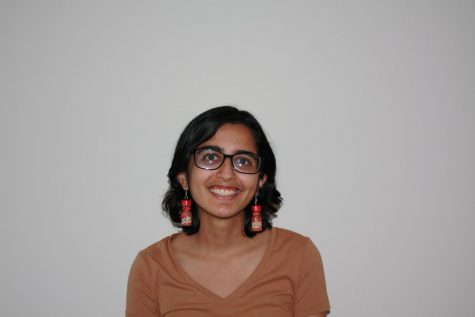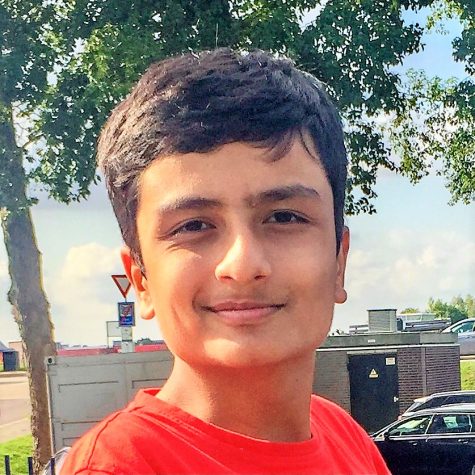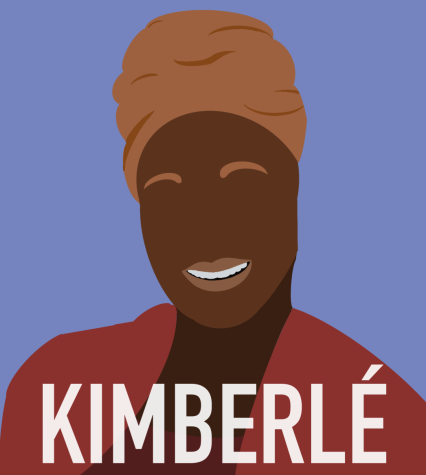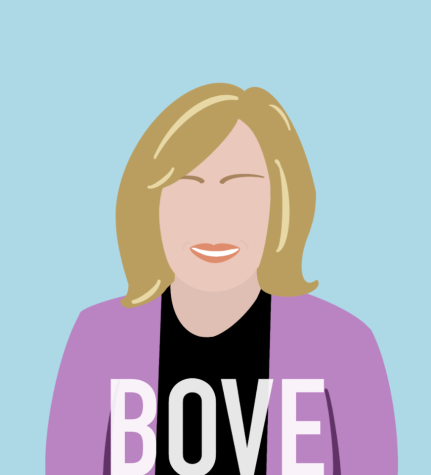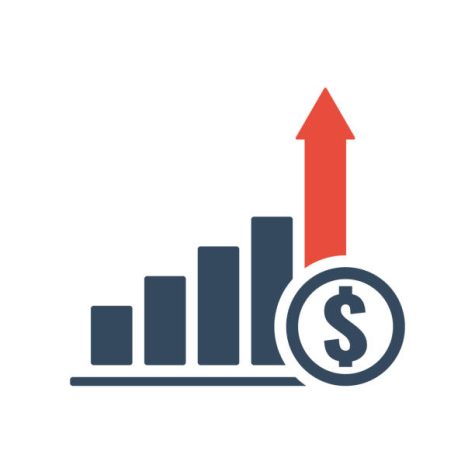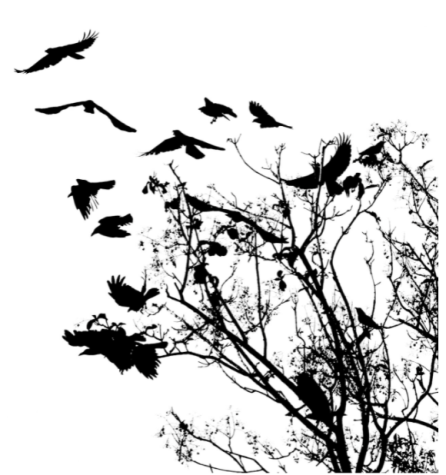Religion: a personal choice

graphic courtesy of ClipartLibrary
Religion has been a part of every society in the world for centuries. Governments, ideologies and communities have been torn down and rebuilt, but religion has endured and remained a constant. Though it has somewhat evolved and adapted, it has fundamentally stayed the same, and remains one of the most powerful forces that drives humanity.
As someone who has always considered themselves an atheist, religion is a topic that confuses me. To some degree, I understand why people care about it so much, and I can certainly see the value in it. Religion is a place of safety for people. It has the ability to foster communities based on common beliefs, and I like the idea that across virtually all religions, a centralizing tenet is peace or nonviolence.
That’s why it strikes me as ironic that religion has repeatedly been used as a manipulative tool to perpetuate fear. Throughout history, there have been countless examples of people exploiting or cherry picking from religious texts out of self-interest. Individuals and nations alike have committed horrific acts in the name of religion, including wars, colonization and genocide. While it’s true that most of these events can’t be fully blamed on religious beliefs, religion is still used to effectuate and justify them. Even today, it plays a much heavier hand in politics than it should, exemplifying that no government can be truly secular.
The role that religion plays in politics contributes to polarization, exacerbating the fact that religions are inherently divisive. Many of them center around, or at least promote, trying to convert others. Even if this isn’t the case, every religion still allows and encourages the imposition of boundaries, an “us versus them” mentality. Other divisions in similarly conflicting groups are just as common, but not as significant or exclusionary.
The reason for this is that for many, religion is an integral part of their identity. I see that as potentially dangerous. Having full and complete faith in something is a personal choice, but unwaveringly allowing an external force to determine your moral compass seems flawed, especially when this force has proven to be pliant and manipulable enough to absolve virtually any action. This also means that many people view themselves as morally superior to those outside of their religion.
Whatever someone’s religious beliefs are of no concern of mine, and it’s not my place to regulate the role religion plays in an individual’s life. However, the role it plays in a society should be cautiously monitored.
